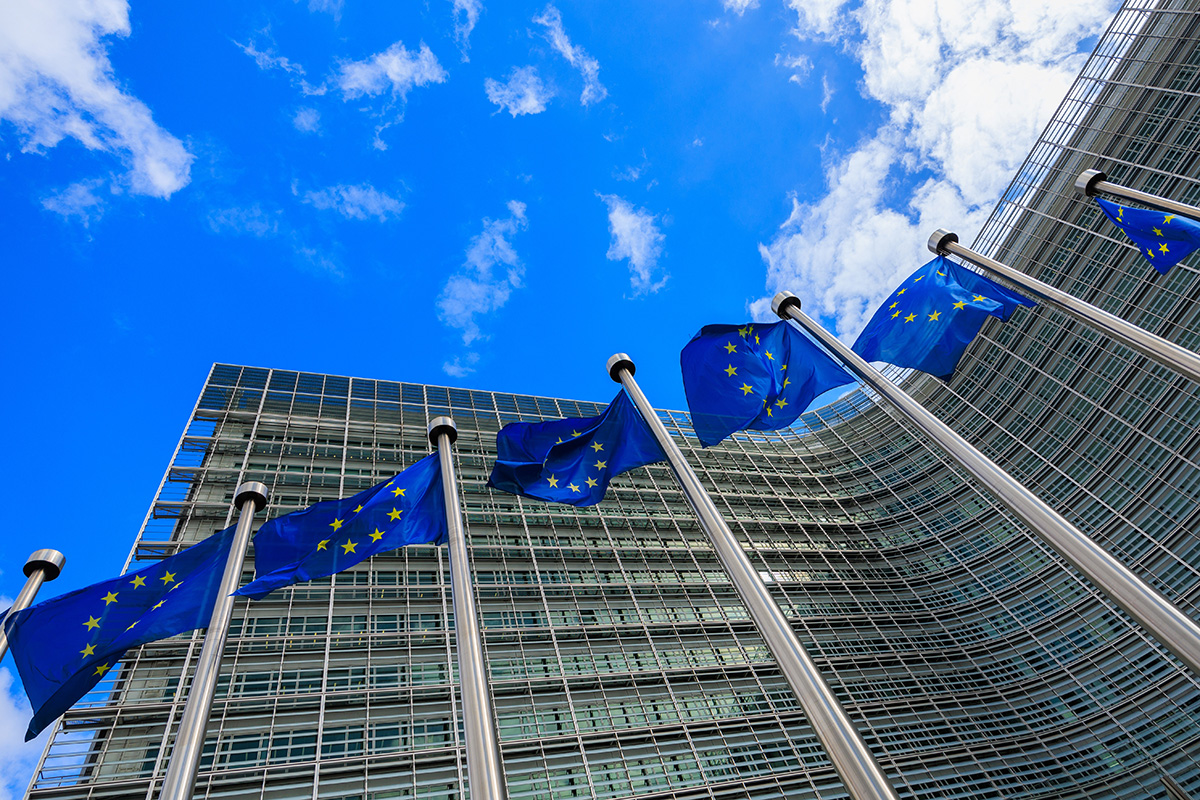As extended producer responsibility programs for packaging start to take hold in the U.S., many are looking to Europe for ideas. Several stakeholders in the decades-old French system shared some lessons they’ve learned, including that eco-modulated fees have not achieved their desired effect.
In a May Global Alliance for Incinerator Alternatives (GAIA) webinar, four experts focused on eco-modulated fees and how they affect the success of reuse and eco-design in extended producer responsibility (EPR) systems.
The organizations represented were environmental group Zero Waste France, which advocates for reducing waste generation; Rejoué, which coordinates reuse of children’s toys; and Amorce, a nonprofit that represents and aids local governments in crafting EPR and other environmental laws. GAIA is a global environmental justice organization.
Eco-modulating means lowering the yearly fees on packaging that brands pay if they use eco-friendly options, such as more recyclable design or more recyclable materials. On the other side of the coin, fees are raised for brands that make less eco-friendly packaging choices.
Alice Elfassi, a legal affairs supervisor with Zero Waste France, said EPR “creates a lot of fantasies around the world, but it has a lot of limitations, even though it works along the ‘polluter pays’ principle.”
Problems with eco-modulation
Elfassi said that the French packaging EPR system, which was passed in 1992, has not managed to increase reuse options. While it was recently amended to add specific reuse targets, she noted, the given budget is too small to get anything running on a large scale.
That’s the same hurdle Claire Tournefier, founder and development director of Rejoué, is running into. Her company reuses toys, and she said despite a recent amendment to the EPR law to cover toys, the level of funding is not adequate.
Flore Berlingen, an EPR author and consultant, moderated the webinar. She pointed out that eco-modulated fees account for a very small percentage of EPR fees. Even then, the vast majority of fees are bonuses paid out to companies that are making eco-friendly choices, rather than penalties for companies that are not.
She said she’s found that 95% of the eco-modulation payments are bonuses and 5% are penalties, an “overuse of rewards and underuse of penalties.”
Further, 93% of the penalties are related to paper, she said, not plastics. That can give the false impression that there are no issues with plastics, Berlingen said, when redesigning plastics should be a larger focus.
French eco-modulated fees also tend to focus on recyclability but not reduction, Tournefier added, and an overall lack of data makes it hard to say whether the fee structure has proven effective.
As a principle, eco-modulation as a lever “seems weak,” Berlingen said, perhaps because it is designed by an industry-run producer responsibility organization (PRO) that wants to avoid such penalties.
Nicolas Garnier, director of Amorce, noted that while EPR “does lead to a certain awareness among the the producers that wouldn’t happen without EPR,” it does not lead to waste prevention.
Instead, it reinforces “a certain way of consuming something, just circular,” Garnier said. That’s why the French EPR for packaging law was amended to add more explicit reuse targets.
In addition, many PROs do not achieve their targets, he said, but there are weak or no sanctions imposed on them.
Possible solutions
When looking to fix those problems, Garnier said the state needs to come down harder on those who are not complying and also be more systematic about penalties. He also suggested making PROs responsible for funding street sweeping and cleaning up illegal dumping.
Tournefier said her experience is that those looking to promote reuse need to work together in a purposeful and organized way to be able to succeed against huge producer lobbyists.
Elfassi suggested changing the funding mechanisms. Eco-modulated fees can be part of it, she said, but they are not providing enough funding. She proposed a true tax on single-use plastics (on top of other EPR fees), and regional and national investment plans for reuse infrastructure.
“Without the proper tax instruments, this will not work,” she said. “It will not be developed at the right scale.”






















